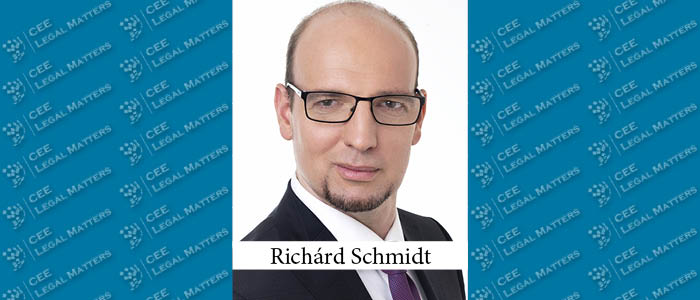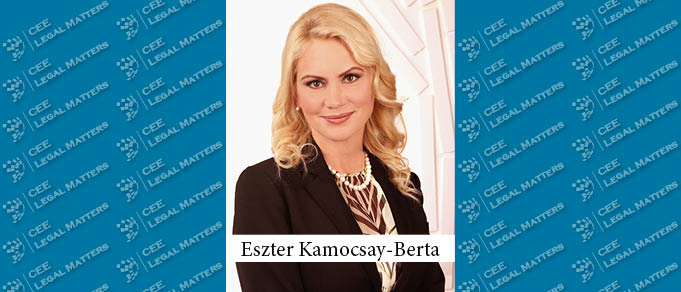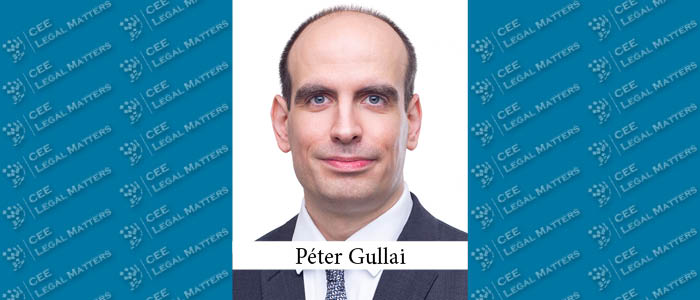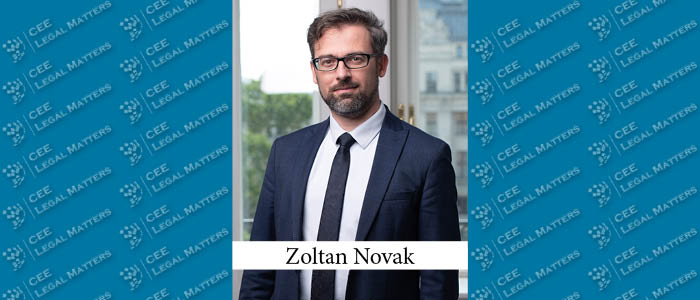Anyone who has seen venture capital investments has probably encountered the expressions “vesting” or “reverse vesting”.
Tempest in a Teapot – New Ground for Setting Aside Construction Arbitration Awards in Hungary
In June 2023 Hungary introduced a new ground for annulling construction arbitration awards, which applies where arbitrators fail to deliberate the opinion of the Performance Certification Expert Body. Will this amendment affect so negatively Hungarian construction arbitrations as believed by many commentators? This article argues that paradoxically, the new law can even strengthen the position of arbitration as alternative dispute resolution method in construction matters.
Lakatos Koves & Partners Advises John Swire & Sons on Acquisition of Swire Coca-Cola USA
Lakatos Koves & Partners, working with Clifford Chance’s London office, has advised John Swire & Sons Ltd. on the acquisition of the Swire Coca-Cola USA unit of Hong Kong-based conglomerate Swire Pacific Ltd. for USD 3.9 billion. Slaughter and May advised the sellers.
Hungary: AI Language Models and the EU AI Act – The Urgent Need for Overarching Legislation
The most accurate sentence that describes AI language models would be: “I’m sorry, the answers are ready, you just need to ask the right questions.”
Elevating Climate Protection as a Key Funding Priority
In the past, banks have predominantly relied on financial metrics to guide their funding strategies. However, with the prominence and importance of ESG (Environmental, Social and Governance) principles, a paradigm shift is underway. Sustainability metrics are gaining prominence in the decision-making process for financing companies or projects.
EU Publishes New Regulation on Alternative Fuel Infrastructure
At the end of September, the long-awaited Regulation (EU) 2023/1804) on the deployment of alternative fuel infrastructure, and repealing Directive 2014/94/EU (“AFIR”) was published in the Official Journal of the European Union. Though the entry into force of AFIR is 13 April 2024, it is worth reviewing the key takeaways that the AFIR introduces as part of the EU’s Fit for 55 package.
A New Era of Corporate Responsibility in Hungary: A Buzz Interview with Zoltan Novak of Taylor Wessing
ESG legislation changes in Hungary are reshaping corporate practices and legal counsel roles, according to Taylor Wessing Partner Zoltan Novak. "Green claims" and expanded reporting obligations, even beyond finance, demand precise compliance, and lawyers in Hungary now play a pivotal role in navigating this evolving ESG landscape, ushering in a new era of corporate responsibility.
Is There a Deadline for Asking the Judge to Reduce Penalties in Hungary?
Under Hungarian law the judge can reduce the amount of the contractual penalty if it is excessive. The penalty reduction shall be expressly requested by the defendant during the litigation. Can the defendant submit such request at any time during the litigation, or is there any deadline for that? In a recent decision, the Hungarian Supreme Court addressed this issue.
On the Horizon: The First Data Submission of the EPR Regime - The Most Important Questions and Answers
As part of the implementation of the European Union's waste management directives, Hungary will also need to apply the rules of the ‘Extended Producer Responsibility’ (EPR) legislation as from 1 July 2023.
Mandatory Replacement Afforestation Instead of Forest Protection Contribution
Hungarian forest management regulations are among the strictest in Europe, however, there have always been investments and real estate developments that affected forest areas, the effect of which could so far be compensated by a fine in certain cases. As of 1 July 2023, the new provisions of the Forest Act brought pleasant changes, as even in the case of non-natural forests, the authority immediately obliges the developers affecting the forest area to reforest and not only to pay a forest protection contribution, if the size of the area reaches or exceeds one hectare.
No Land Tax Can Be Levied From September 1, 2023
The amendment to the Local Taxes Act, which entered into force on 1 January 2015, allowed local governments to levy a municipal tax on any taxable subject within their jurisdiction that is not prohibited by law and is not subject to a statutory public tax.
Grid Connection to the Public Network by Household Solar Power Systems Will Be Available Again Soon
The Hungarian renewable energy sector has recently undergone a huge development, mainly focusing on photovoltaic power plants. In Hungary, rooftop photovoltaic projects are mainly widespread among households and companies to cover their own electrical needs. These projects are so-called household power plants, which are basically micro power plants connected to the low-voltage system.
Closing: Kommunalkredit EUR 37.5 Million Financing for 63-Megawatt Senyo PV Plant Now Closed
On September 20, 2023, PHH announced that Kommunalkredit's EUR 37.5 million financing for the 63-megawatt Senyo photovoltaic plant in Hungary – commissioned by Green Source and Core Value Capital – (reported by CEE Legal Matters on August 7, 2023) had closed.
DLA Piper Advises on Roseville Office Building Sale
DLA Piper has advised the RV Ingatlan Befektetesi Alap fund on its acquisition of the Roseville office building in Budapest from Atenor.
Kinstellar Advises Electrolux on EUR 38 Million Sale of Hungarian Facility to Qvantum
Kinstellar has advised the Electrolux Group on the sale of its manufacturing facility in Nyiregyhaza, Hungary, to Qvantum for EUR 38 million. CMS reportedly advised Qvantum.
The Legislation for the Extraction of Geothermal Energy May Change
The Hungarian Government plans to further develop the regulatory framework for geothermal energy, according to the REPowerEU chapter of Hungary’s Recovery and Resilience Plan.
More and More Tax Audits – It's Wise to Stay Vigilant
Already last year, it was noticeable that after several years of decline, the Hungarian Tax Authority conducts more and more tax audits. In 2022, the number of tax audits increased by 6.2% compared to the previous year. Experience shows that this trend is expected to continue even more strongly this year. The most commonly audited tax category remains VAT.
Can a Harsh Facebook Comment be a Lawful Ground for Dismissal in Hungary?
Social media platforms significantly changed the ways how people express their opinions: sharing views became easier than ever. On the one hand, this is positive, but on the other hand, it is also dangerous in the employment context, as the employee's opinion may be prejudicial to the employer's interests. A recent decision of the Hungarian Supreme Court gives answer to the question whether the employer can dismiss the employee for expressing his opinion on Facebook.



















